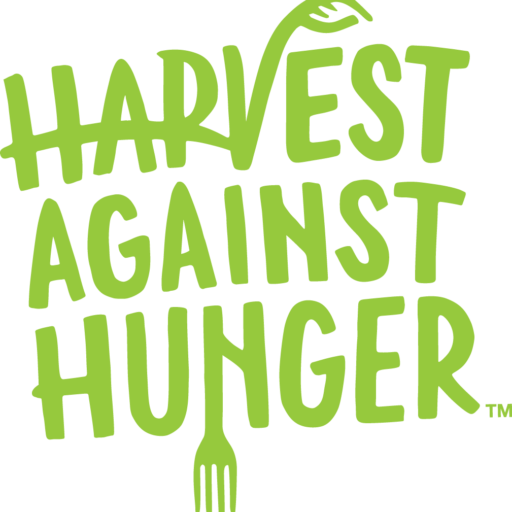How Can We Help?
Education is a huge part of nonprofit farming and emergency feeding programs in general. Additionally, if you can teach people to be more self-reliant and in touch with the overall food system, they will be able to make healthier and more informed choices. Furthermore, there is the added benefit of using educational opportunities to further train a force of reliable volunteers.
The first step to creating educational opportunities is to identify partnering organizations and potential instructors. Elk Run was ready to jump into field trips and classes for at-risk youth from the beginning, but access to students and resources was always a huge barrier. Using the phrase “education” tends to be too general and non-descriptive, so the next phase is to identify the target population and the structure. For example, will it be an evening class on-site for adults, or an after-school club for local students? Each educational opportunity has unique needs and challenges. It is important to avoid taking on too much at once.
Elk Run Farm has found successful partnerships with local high schools in different districts by identifying the needs of the different student populations and tailoring the programs to them. By working with established entities such as public high schools, there is already an existing structure that can be both extremely helpful and sometimes challenging. Take careful note of research statistics and general information about partners, especially ones that work with youth, before attempting to work together. Information can come in handy when working with multiple schools with different needs. One partnering school requested that Elk Run work with an existing program for at-risk high school students while another high school requested that Elk Run participate with an ongoing blended science and English program. While these are both opportunities to work with local youth, they require different preparation and programming in order for the students to come away with the desired outcomes.
Classes and ongoing programming are one part of on-site education at Elk Run. Field trips to the farm are more short term educational opportunities, but fare a great chance to get exposure with the community and large numbers of volunteers without the required preparation and partnerships of classes. Field trips are comprised of a group tour that includes the history of the site, a description of need, and of course a sampling of whatever produce is in season. In the second half of the field trip, students and chaperones alike participate in various farm activities, depending on the weather and the time of year. Throughout the roughly two hours that each field trip lasts, the staff peppers the conversation with information about sustainable agriculture, hunger in the community, and the importance of volunteering.
Elk Run Farm has been able to conduct these educational opportunities despite having little to no on-site infrastructure. Instead of using traditional classroom resources and techniques, the VISTA has focused the programs on engaging community members with the project through physical work and discussion. By asking questions about the participants’ experiences and interests at the beginning of the program, the VISTA and other staff can engage directly with the needs of each group. This has created a more viable connection with the land and the vision for the community as each person leaves Elk Run knowing that they in some way contributed to the ongoing journey of the project. As more resources and infrastructure are developed on-site, the VISTA will continue to create opportunities for community education.


